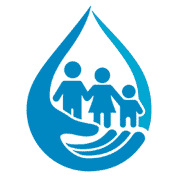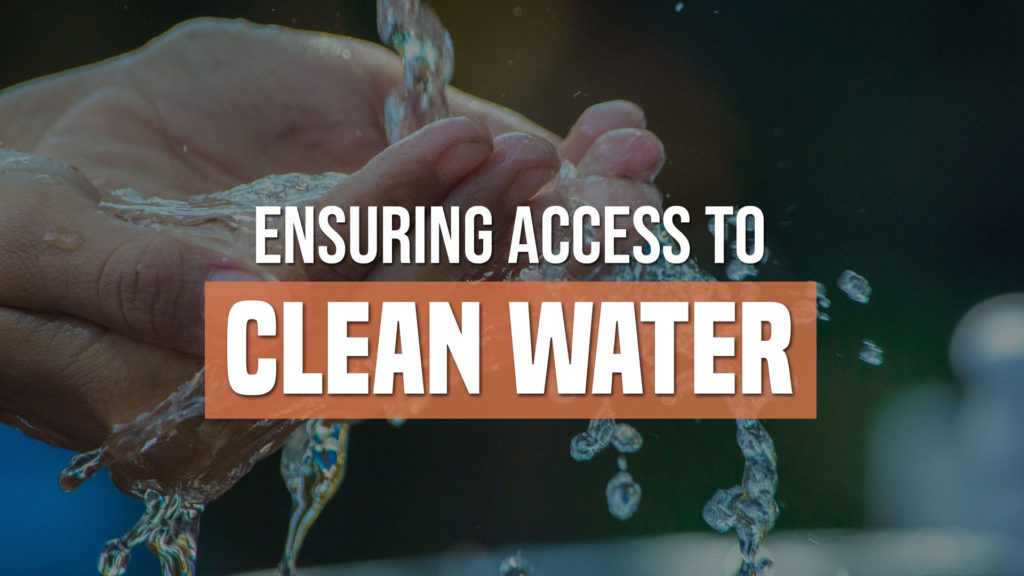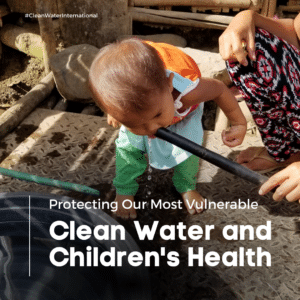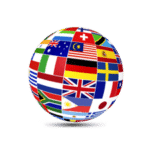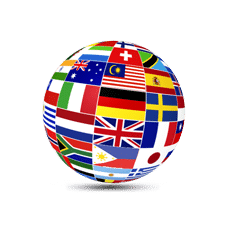Water—the substance that we put into our bodies every day to quench our thirst—is more important than any food we take in, in many ways. As studies have reported, people can live three weeks without food. But no one can survive more than three days without water. Did you know the human body consists of 50 to 65% water?
Like the food we eat, we need to assess the water we intake. What is the source of our water? Aside from the scientific elements, such as hydrogen and oxygen molecules, what is in the water we drink? Are we getting enough of it? Are we sure that the water we take in is clean? In this blog, we are to assess all things water.
We use water every day, and we often take it for granted, eventually overlooking its significance. We forget that not all people in this world have access to clean water. Access to clean water is commonly known as a human right, not a privilege. Everyone, especially children, should always benefit from this basic human need – all their lives.
Since 2018, the WHO Sustainable Development Goals (SDG6) have progressed. However, because of the rising world population and the growing challenges of water scarcity, there are still places deprived of this natural right.
Luckily, organizations like Clean Water International have paved their way, committed to providing water sanitation and hygiene (WaSH) for everyone. Starting with a safe, clean glass of water, Clean Water International envisions providing access to clean water. Based on community needs assessments and partner preferences, they have innovated technologies in the hopes of engaging communities with sustainable local water committee-led projects. At the onset of Covid-19 they designed handwashing stations for communities as a response to the pandemic.
Organizations like Clean Water International have made it possible to make substantial changes in increasing access to clean water for billions of people. But worldwide, one in three people still lack access to this essential basic human service. The pandemic has shown the significance of being healthy by staying hydrated, but it also proved the importance of the good practice of hygiene and sanitation. Without clean water, it will be impossible to get through this crisis. Here are some other ways access to clean water can improve the world.
Reduces Exposure to Diseases
Health is significantly affected by the lack of good quality and reliable water. According to World Health Organization, when a community doesn’t have access to clean water, people can be exposed to diseases like diarrhea or dysentery, cholera, typhoid, and schistosomiasis. Scientifically, water can flush out the toxins of the body. However, if the water is not safe, it can even add more toxins. To function, humans need to be adequately hydrated. Water helps in allowing human blood to maintain the consistency that it needs to flow freely.
Nourishes Children Better
Although clean water nourishes children’s overall health, poor water and sanitation have become the leading cause of death among children under five years old. As per United Nations World Health Organization (2014), a $4.30 return in the form of reduced healthcare costs is achieved for every dollar invested in water and sanitation, which indicates a lot about what having clean water in every household can do. If actions were made for clean water and sanitation deprived areas around the world, there would be a greater chance for children to do well. Ultimately, when this happens, the future of the world will be secured.
Creates Way for Better Hygiene and Sanitation
Taking a bath, washing clothes, washing dishes are all part of a daily routine for sanitation and hygiene. These tasks are an integral part of our lives. Water plays a vital role in this. Waterborne disease is more likely to arise if we use contaminated water to wash our clothes, bodies, and dishes. Thus, clean water is not only essential for drinking but also for hygiene purposes.
Disclaimer:
The views and opinions expressed on this post are for informational purposes only; thus, cleanwaterinternational.org makes no representations as to the accuracy of the information found within this post unless explicitly stated.

